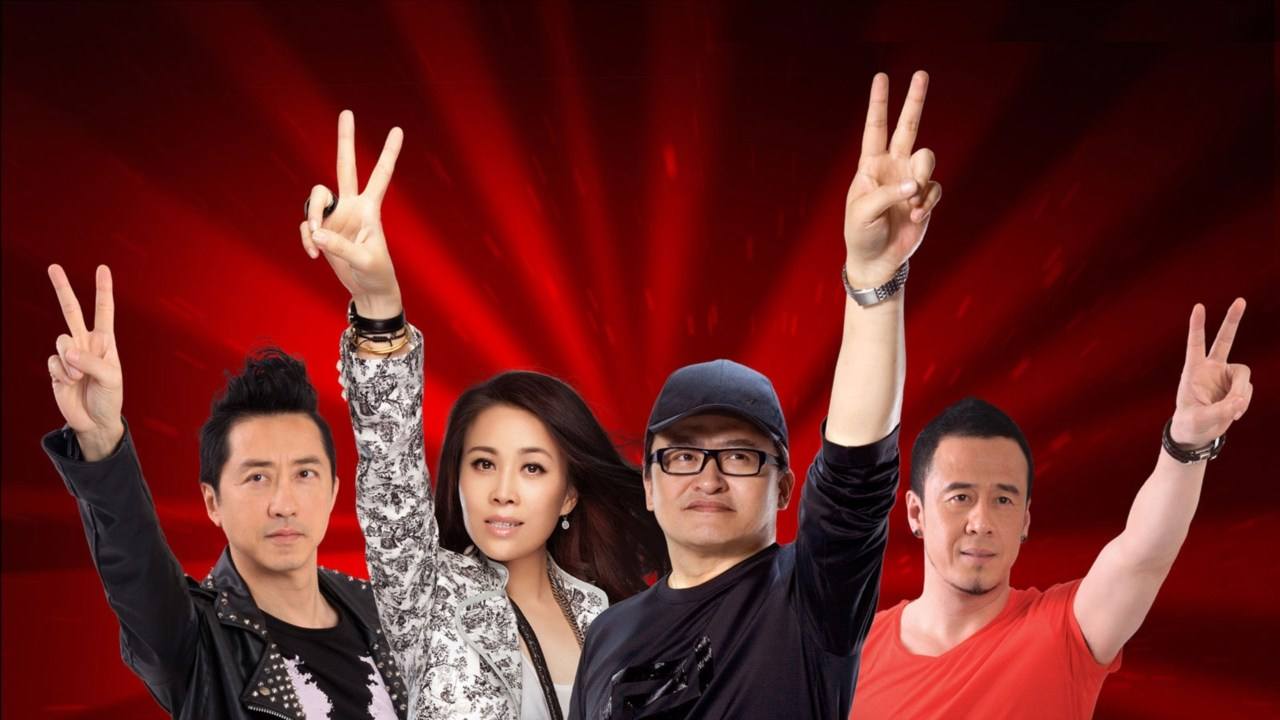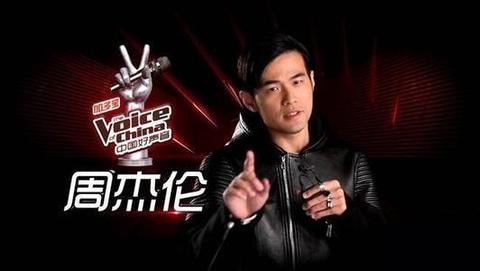For every eight seasons, The Voice of China has invited the top-ranking and renowned musicians from China as both the judges and mentors.

This blueprint has several positive impacts. First, it has powerful advertising effect and will greatly attract audiences’ attention, especially those who are the manic fans of the superstars. Jay Chou, for example, is an extremely popular singer in China and his fame is even well-known in western countries. When The Voice of China officially announced that Jay Chou is coming for the show in the 2018 season, his fans get crazy and so prepared for watching the show. In China, few people do not know Jay Chou, and he is famous not only because of his music talent, but also his humor.[1]

Secondly, the top superstars’ years of experiences in the music industry set up the high standard and professionalism of the show. Their qualification will provide contestants and public expert comments on the performance, and more importantly, those comments are contributive and beneficial for building up music knowledge, not only for the contestants, but also for the public.
Beside regarding The Voice of China as a music talent show, the interactions between the four superstars are equally important. Referring back to the interview with Chen on scriptwriting, we can think of the music talent show being the “academic” side and the interaction between the four superstars the entertaining side. This duality is related to Chen’s idea of always include something interesting in the story line, otherwise audiences will lose interest. Applying this concept to The Voice of China, a mere singing competition is too boring to watch so that audiences need something else that could build up their passion to continue watching the show. In this case, the idols’ interaction is that spotlight and indeed have thrilling and comic effects. Their interactive communication is very humorous. They constantly make jokes of each other, and sometimes being even sarcastic about each other in order to maximize the entertaining effect, and this characteristic is most obvious in the first round of competition. If more than one superstar turns the chair around, they will “advertise” themselves in order to persuade the contestant come to their team. This part is especially hilarious to watch as they will likely engage in a fight to win over people.
Several questions come up to mind. Why are the interactions always so funny? Why do they always appear so energetic and exuberant? Why do they always have so many interesting things to comment and joke with each other? Chen gave me the answers—The Voice of China prepared a number of versions of script for them to speak on stage. Initially, I was shocked, but later understand the purpose. The directors want to ensure that the four superstars could render their best condition in front of the public. To achieve this goal, they plan on how should they interact which each other, when is a good time to make a joke, what jokes can they make based on their experiences in the past… In addition, if the superstars feel just a little tired, the directors will immediately stop the recording and ask them to have a rest. At this time period, according the Chen, the audiences are the most suffering population because they can only wait there for the later recordings.
According to Lu Wei, the programme publicity director, the reasons why The Voice of China put huge effort on the four superstars is because they are the core and essence of the show. They are the most famous stars but seem really distant. For the majority of people, probably the only chance to see the stars is through the social media sites and their role is always as a “star.” However, The Voice of China gives audiences a completely different experience. In this program mode, the four superstars are mentors who actively search for “good students” by arguing with each other, giving contestants’ promise with affinity, and subvert their staring identity. In this way, they appear more approachable to the public and effectively develop the artist-fan relationship.
[1] Shanxi Evening News Media, “The Voice of China: Comprehensive Evaluation on the Four Superstars,” Shanxi evening culture media co. LTD, https://baijiahao.baidu.com/s?id=1608298194431316758&wfr=spider&for=pc